10% increase production of gasoline and jet fuel in Abadan Refinery
The second phase of the development plan at the Abadan Refinery in Khuzestan Province has registered 97% progress and a part of the phase is ready for launch, director of the development plan said. The development project, which started in 2017, is expected to boost the production of Euro-5 gasoline and jet fuel by 10%.
“The first part of the second phase is complete and will soon become operational and add 4,000 barrels per day to the production capacity of the refinery,” Ahmad Farzaneh was also quoted as saying by the Oil Ministry’s news agency Shana.
“The second part of the phase, when launched, will increase the quality of the products. When fully operational, the project will help reduce the amount of mazut produced in the refinery significantly,” he added.
The refinery will have a sulfur recovery unit to reduce mazut output to less than 25% from the present 50%.
All products of Abadan Refinery with Euro 5 standard
“Soon, all products of the refinery will be manufactured according to the Euro-5 standard. Reducing environmental pollutants as well as increasing kerosene and premium gasoline [with higher octane] output are among other goals of the project, which will be achieved by replacing old units and building new distillation units,” he said.
The development plan includes the installation of new units, including hydrogen processing, hydrocracking, liquefied petroleum gas, crude distillation and other utilities to replace old units built over 100 years ago.
Because the crude processing facility is being equipped with HPUs, it will not only help improve environmental conditions but also increase the supply of products complying with Euro-5 emission standards.
“With the implementation of the second phase of the development plan at Abadan Refinery, the capacity of the refinery will reach 360,000 barrels per day and it will be possible to increase it to more than half a million barrels a day,” Farzaneh said.
Increasing the refining capacity for the export
Increasing the refining capacity will pave the way for the export of surplus products, he added, announcing that the second phase of the Abadan Refinery development plan will be completed at a cost of $2.74 billion.
Built in 1912, Abadan Refinery is the first of its kind in Iran and was once the largest in the world.
The refinery, which was heavily damaged during the 1980-88 Iraq-imposed war, produces 460 tons of propane, 16,000 barrels of butane, 66,000 barrels of diesel and 60,000 barrels of gasoline per day, accounting for 19% of gasoline output in the country. It also meets 25% of Iran’s annual need for jet fuel.
It is now operating with a daily capacity of refining 250,000 barrels of crude.
The third phase of the refinery’s development project has also been planned and is projected to cost $2 billion. It will add more high-tech units to the facility, some of which are kerosene hydrotreating, isomerization, naphtha hydrotreaters and catalyst regenerative units.
Need for Investment in Abadan Refinery
Inadequate investment has severely impaired the National Iranian Oil Company’s ability to process crude, which explains the firm’s declining refining capacity over the past eight years.
According to data from the Oil Ministry and NIOC, the failure to capitalize on the private sector’s experience, absence of rehabilitation plans and the focus on the sale of low value-added products have reduced oil processing capacity by 231,000 barrels per day since 2013.
Refining complexes across Iran processed 2.3 million barrels of crude per day in 2013, which capacity has now dwindled to 2.1 million, registering an 11% decline.
Abadan, Bandar Abbas and Isfahan refining facilities have experienced the largest decline of 68,000 barrels, 48,000 barrels and 44,000 barrels in processing capacity respectively over the eight-year period.
However, boosting the quality and output of oil refineries and building new refineries are on the agenda for increasing Iran’s oil refining capacity by 1.5 times in five years.
Development programs are underway to bring the country’s refining capacity, including crude oil and gas condensates, to 3.5 million barrels per day from the current 2.1 mb/d.
Published: Dec 4, 2022
If you want to order petroleum, petrochemical and chemical products from Iran, please do not hesitate to send Iran Petroleum an email.

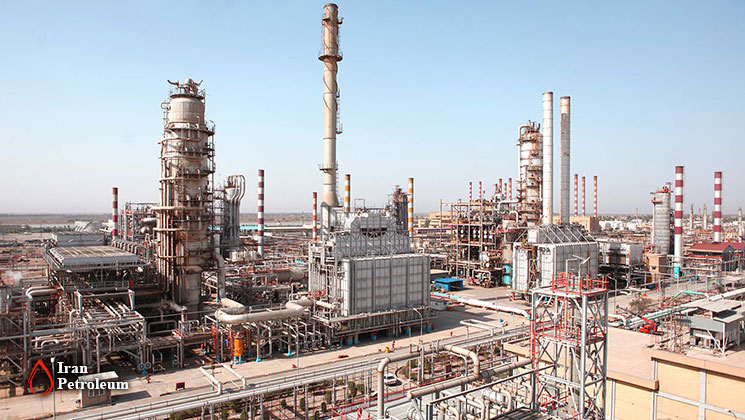
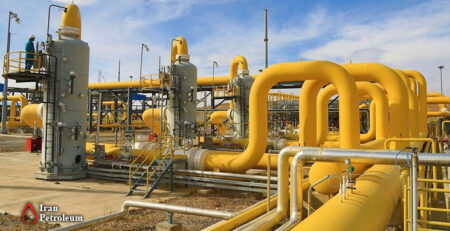
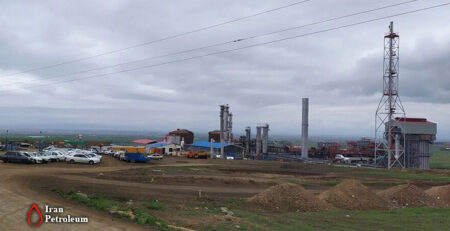
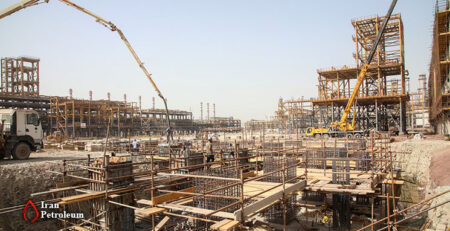
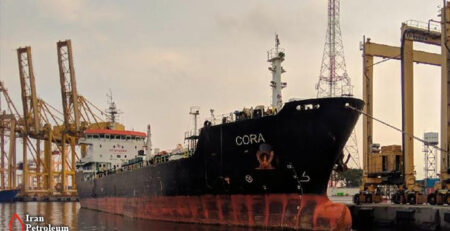
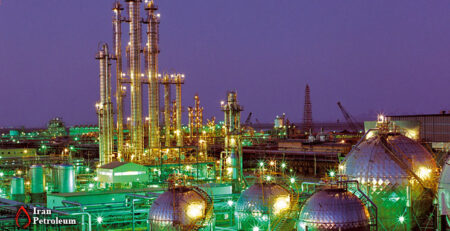
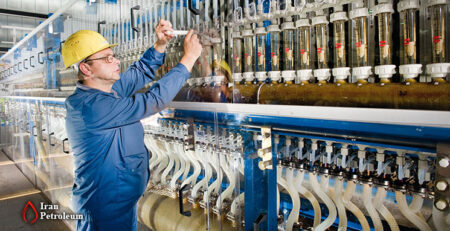
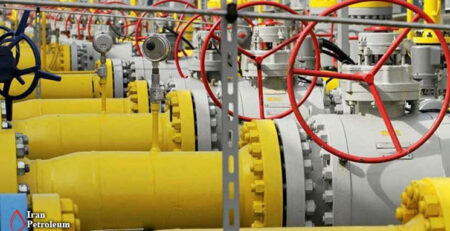
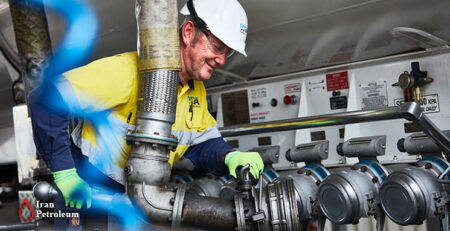
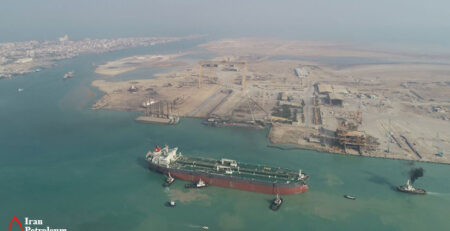
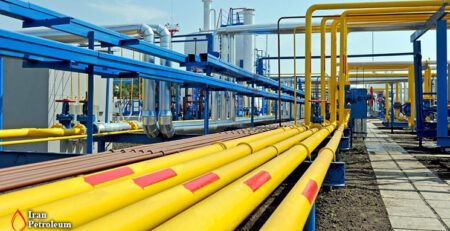
Leave a Reply